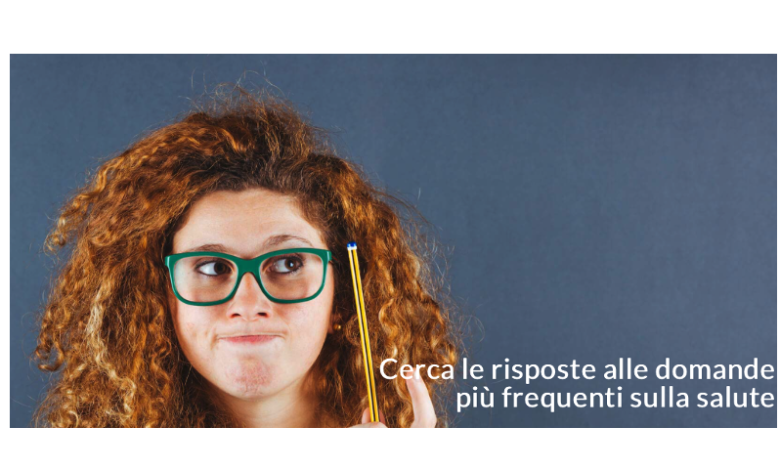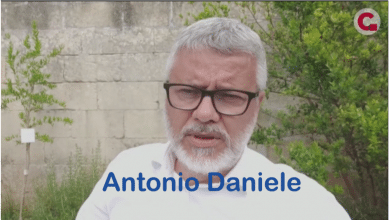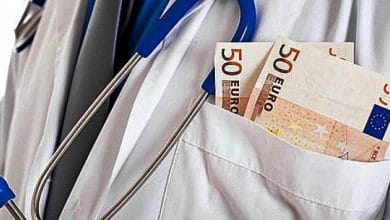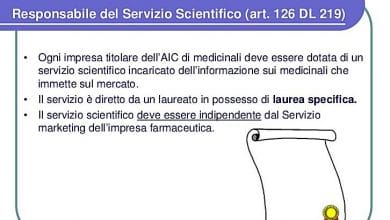
Can a website help improve health literacy, ie the ability to source, find, understand and critically use information about health? If the site is Doctor is it true?,  promoted by the National Federation of Orders of Surgeons and Dentists (FNOMCeO) as a "first aid kit" on health communication, as well as a "vaccine" against fake news, it would seem so.
promoted by the National Federation of Orders of Surgeons and Dentists (FNOMCeO) as a "first aid kit" on health communication, as well as a "vaccine" against fake news, it would seem so.
Almost five years after it went online in February 2018, a study resulting from the collaboration between the University of Florence and that of Udine measured the effects of the regular administration of "pills" of the site and, in particular, of the attendance of the "aware navigation" section, designed precisely as a compass for orienting oneself among the sources available on the web.
The Work – which sees Alessandro as the first signatory With you, doctor from Udine and coordinator of the project, together with the president of the FNOMCeO Filippo Rings and to researchers from the two universities – it has just been published in the journal “Annals of Hygiene: Preventive and Community Medicine”.
362 university students – 329 from the Faculty of Medicine and 33 from Communication Sciences – were exposed to the use of the website Doctor is it true?. Before and after use, they filled out a questionnaire to examine the degree of health literacy and ability to assess the quality of sources. All scores – ability to find useful sources, assessment of the quality of the sources themselves, and, above all, confidence in using information found on the web to make health decisions – improved significantly after using the site.
“Low levels of electronic health literacy – concludes Conte – can impact public health efforts, as seen during the COVID-19 pandemic. The effectiveness of the site Doctor is it true? among students it has demonstrated the usefulness of online educational interventions which, if further implemented, could help combat the spread of the infodemic”.
Read the work a this link.





